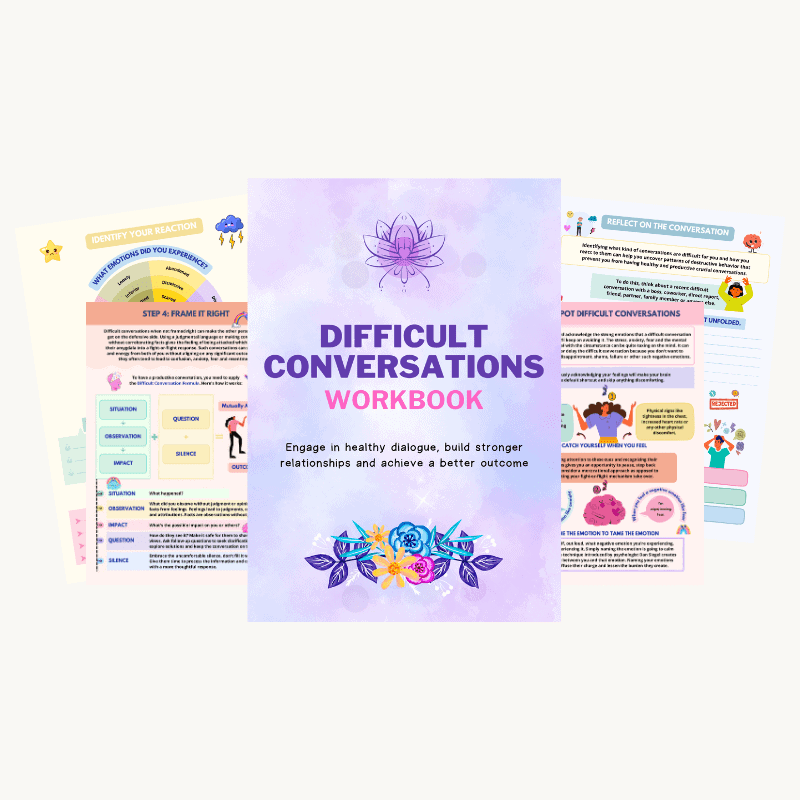How to Keep Your Team’s Morale High
A team’s performance isn’t solely based on the talent of its members. Multiple other factors—motivation, desire and confidence—play a role in it. High morale in a team turns obstacles into opportunities, gives them courage to stay resilient in the face of challenges and inspires them to learn, grow and succeed. It makes magic possible by turning impossibilities into possibilities. Keeping your team’s spirits high takes work, but it will be one of the best investments of your time and energy. Done right, it will be your biggest ROI. Many things can sap your team’s morale at work. Instead of blaming your team for not achieving the targets or berating them for wasting their potential, work on fixing their morale and everything else will fall into place.
































